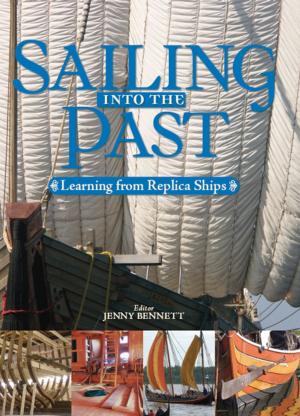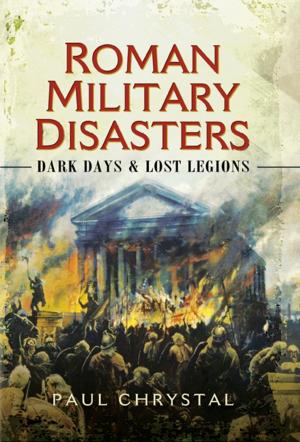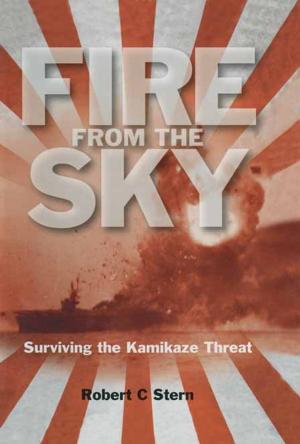| Author: | Daniil Alexandrovich | ISBN: | 9781781597354 |
| Publisher: | Pen and Sword | Publication: | December 26, 2007 |
| Imprint: | Pen and Sword | Language: | English |
| Author: | Daniil Alexandrovich |
| ISBN: | 9781781597354 |
| Publisher: | Pen and Sword |
| Publication: | December 26, 2007 |
| Imprint: | Pen and Sword |
| Language: | English |
Leningrad was under siege for almost three years, and the first winter of that siege was one of the coldest on record. The Russians had been taken by surprise by the Germans' sudden onslaught in June 1941.
This book tells the story of that long, bitter siege in the words of those who were there. It vividly describes how ordinary Leningraders struggled to stay alive and to defend their beloved city in the most appalling conditions. They were bombed, shelled, starved and frozen. They dug tank-traps and trenches, built shelters and fortifications, fought fires, cleared rubble, tended the wounded and, for as long as they had strength to do so, buried their dead. Many were killed by German bombs or shells, but most of them died of hunger and cold.
Based on interviews with survivors of the siege and on contemporary diaries and personal memoirs. The primary focus is on three people: a young mother with two small children, a boy of sixteen at the outbreak of war, and an elderly academic. We see the siege through their eyes as its horrors unfold and as they struggle to survive.
Leningrad was under siege for almost three years, and the first winter of that siege was one of the coldest on record. The Russians had been taken by surprise by the Germans' sudden onslaught in June 1941.
This book tells the story of that long, bitter siege in the words of those who were there. It vividly describes how ordinary Leningraders struggled to stay alive and to defend their beloved city in the most appalling conditions. They were bombed, shelled, starved and frozen. They dug tank-traps and trenches, built shelters and fortifications, fought fires, cleared rubble, tended the wounded and, for as long as they had strength to do so, buried their dead. Many were killed by German bombs or shells, but most of them died of hunger and cold.
Based on interviews with survivors of the siege and on contemporary diaries and personal memoirs. The primary focus is on three people: a young mother with two small children, a boy of sixteen at the outbreak of war, and an elderly academic. We see the siege through their eyes as its horrors unfold and as they struggle to survive.















